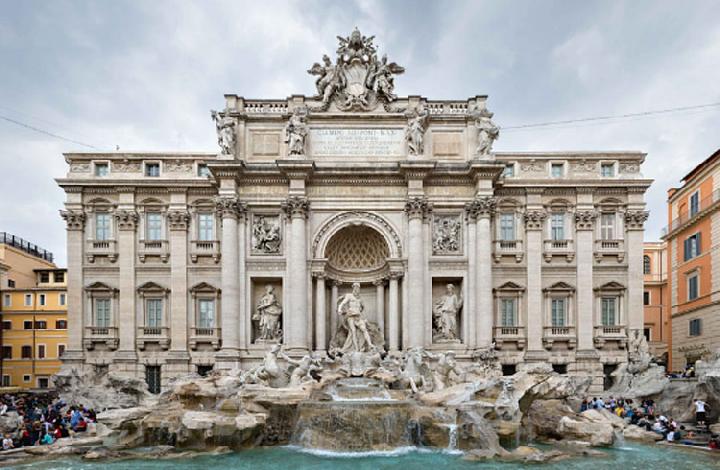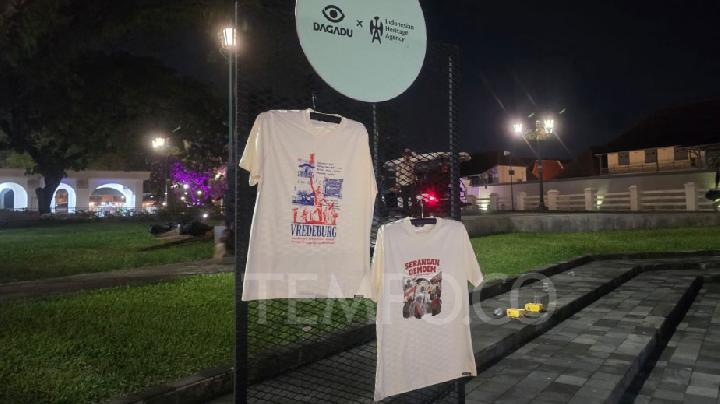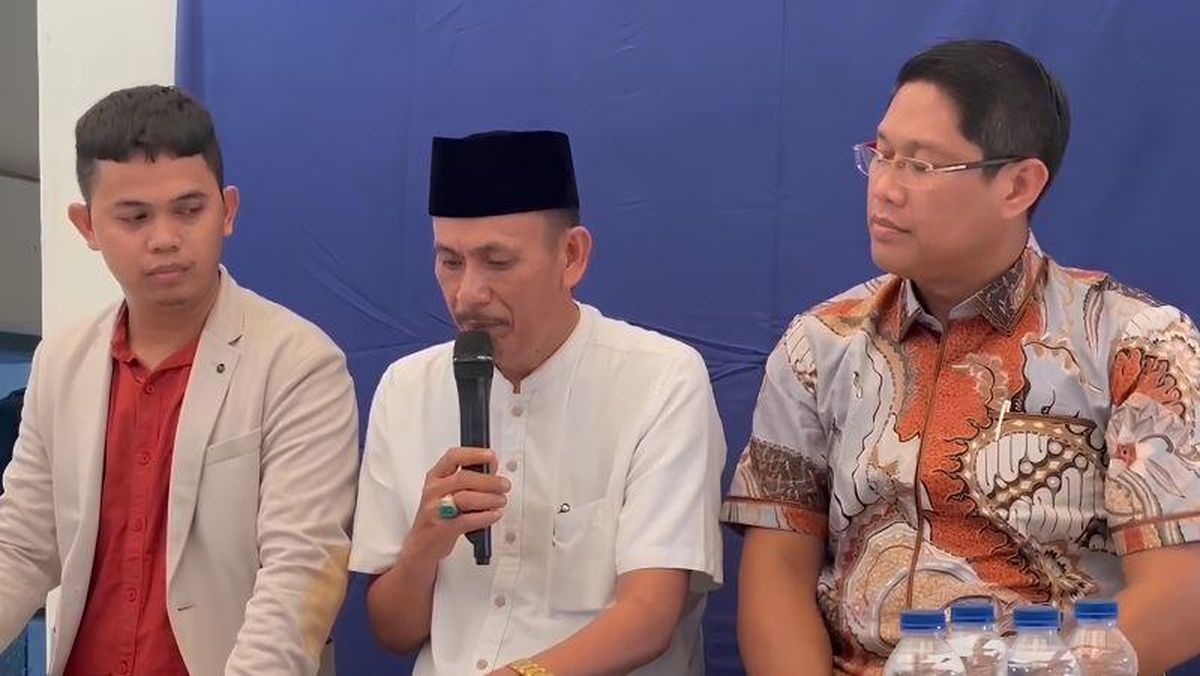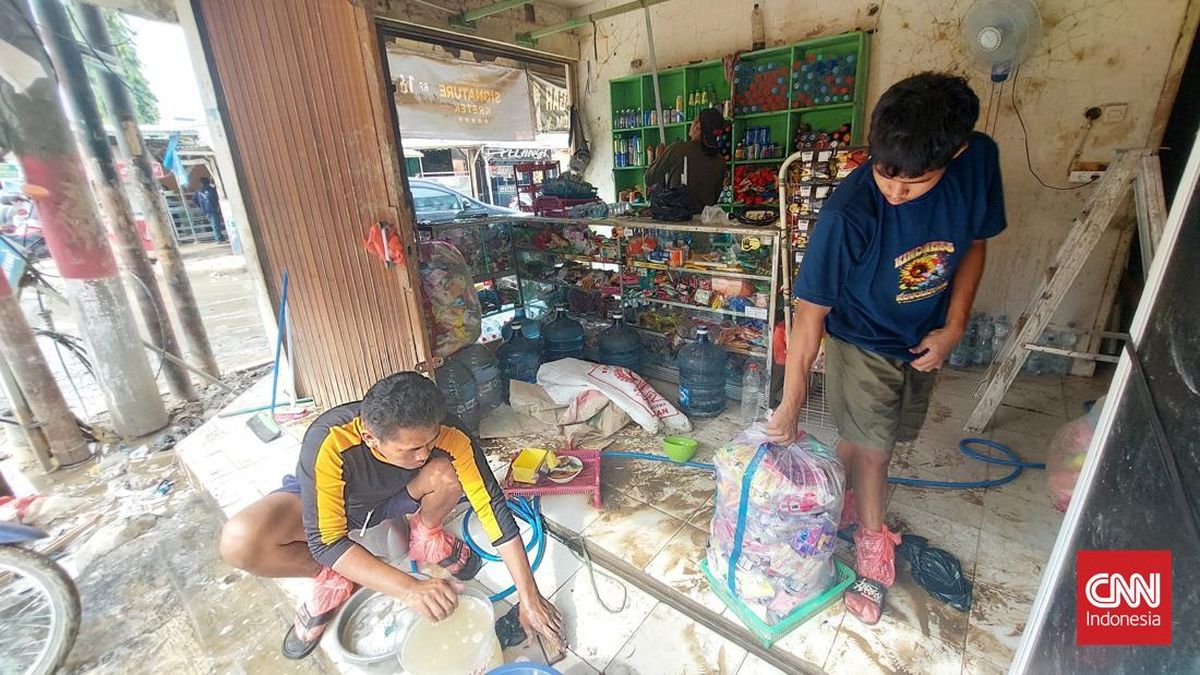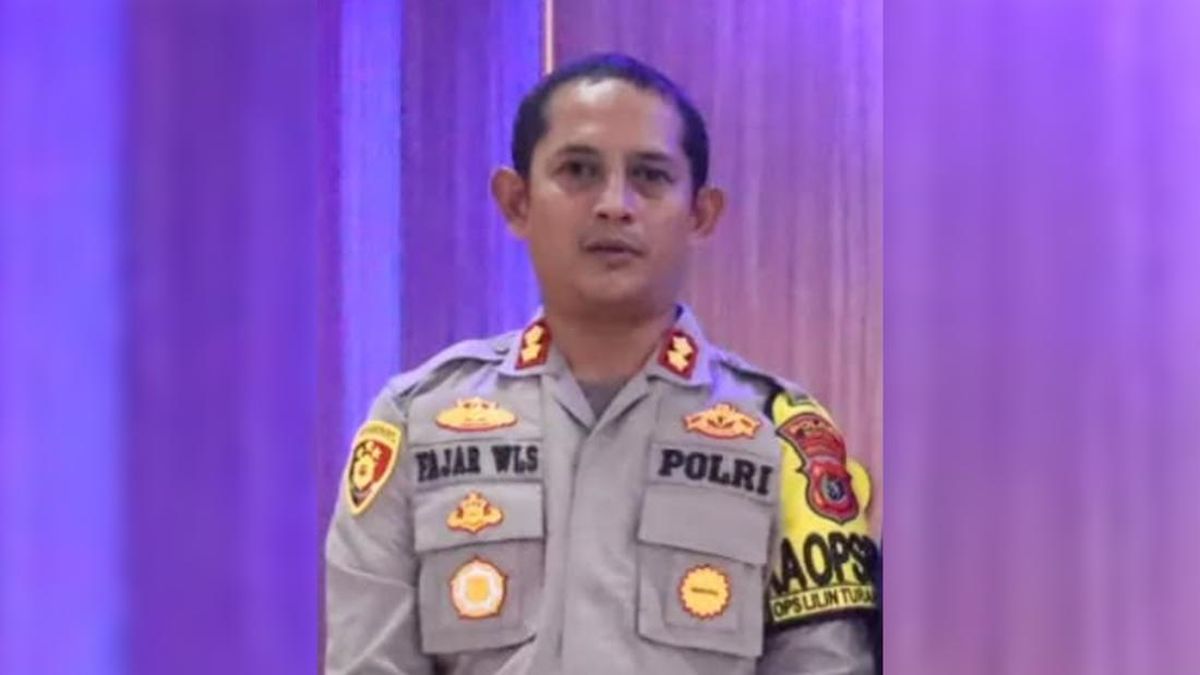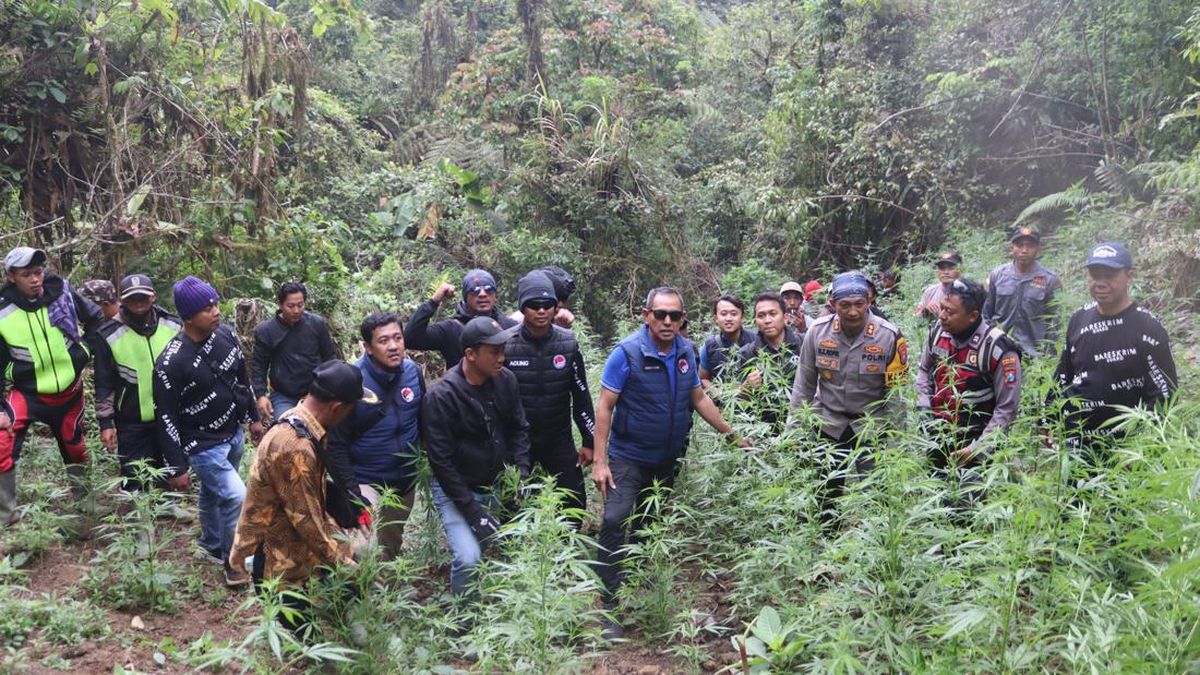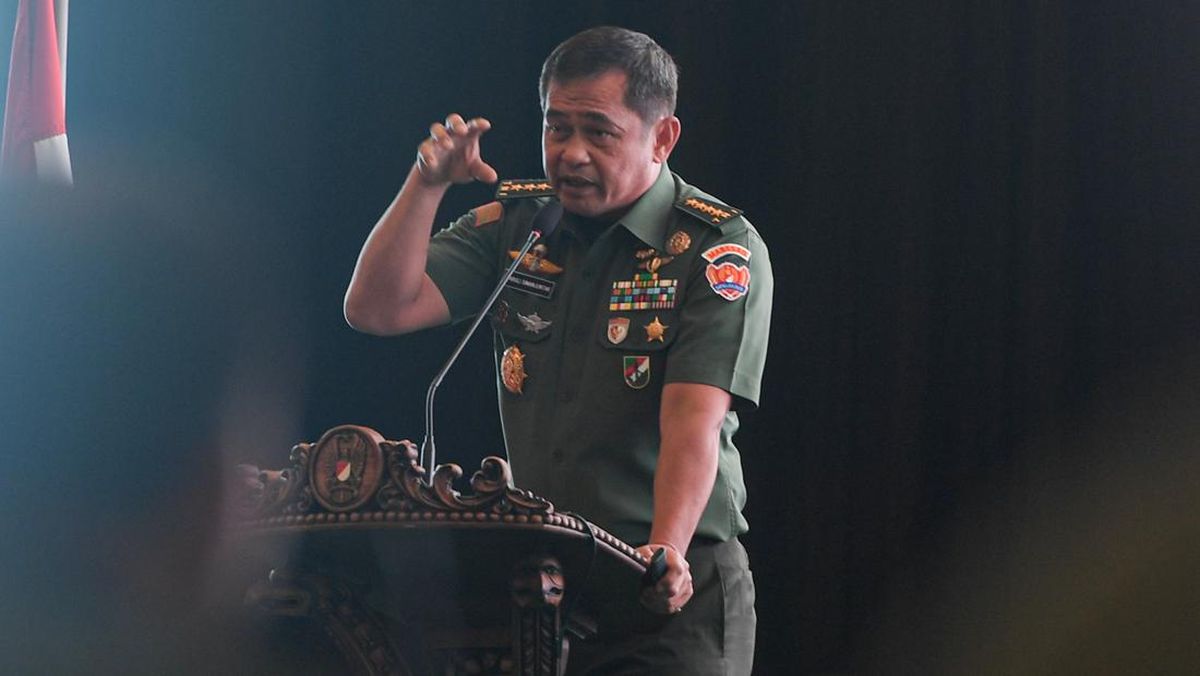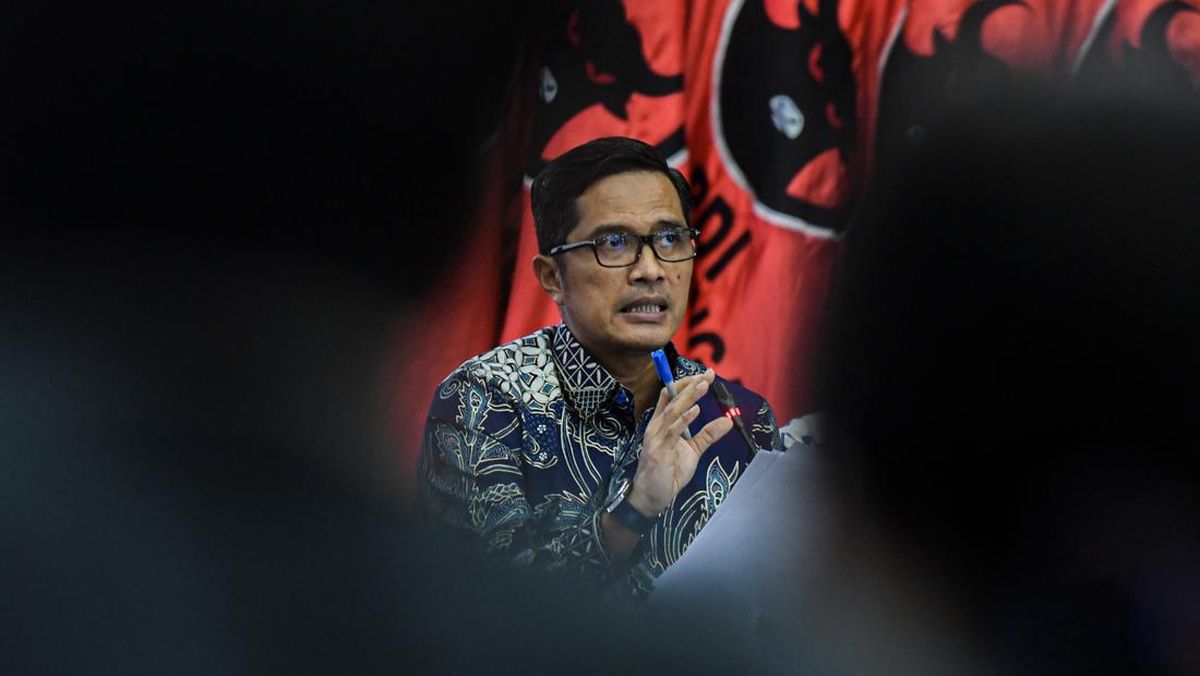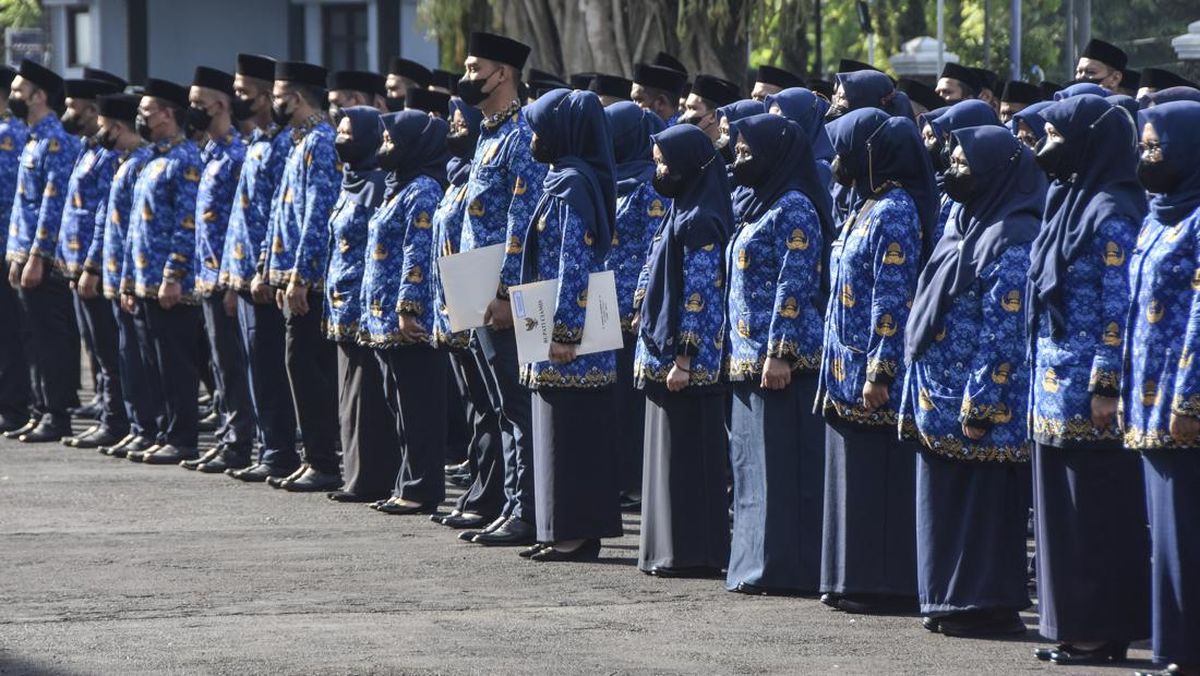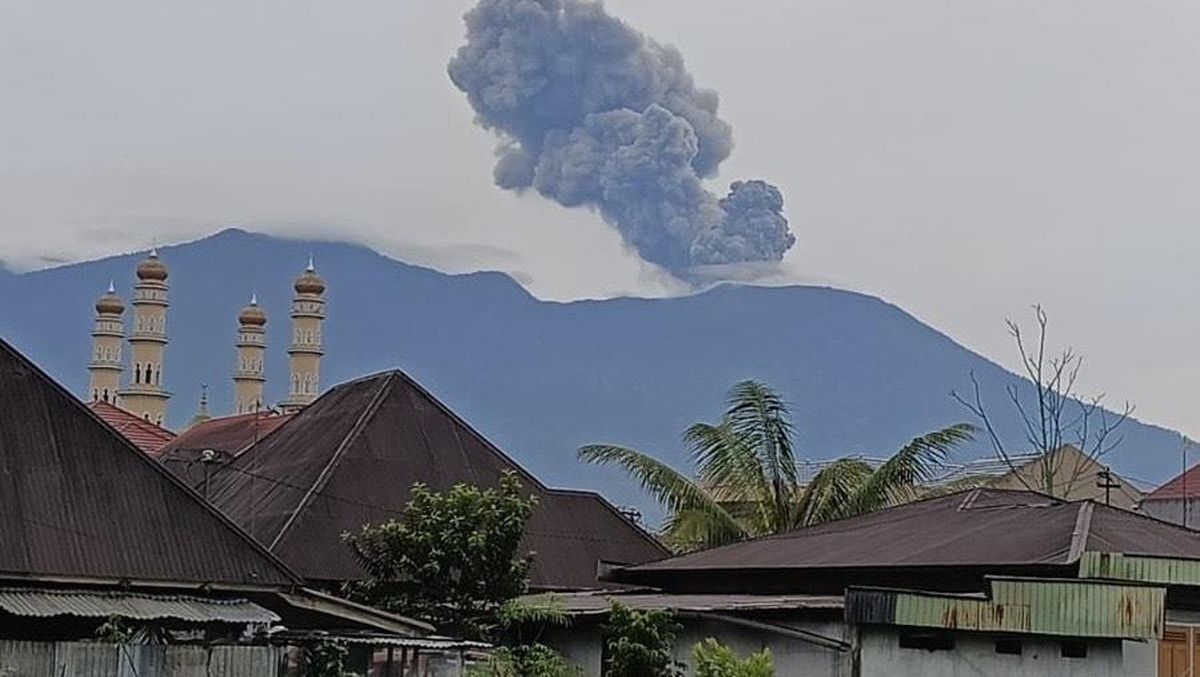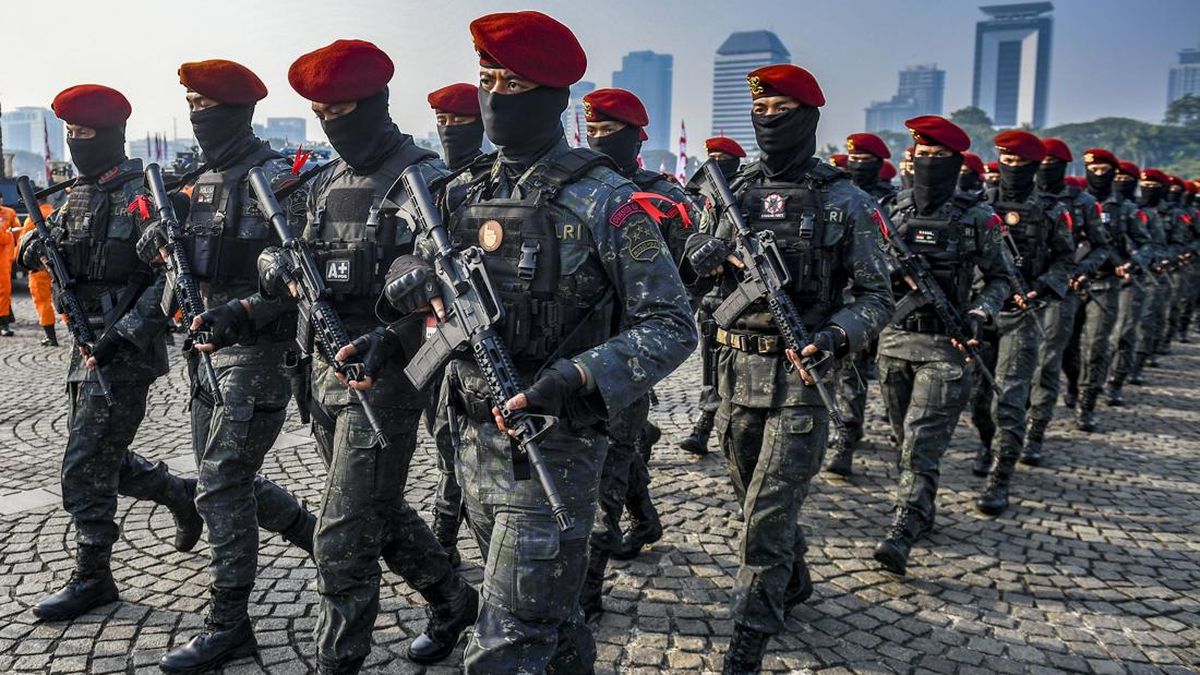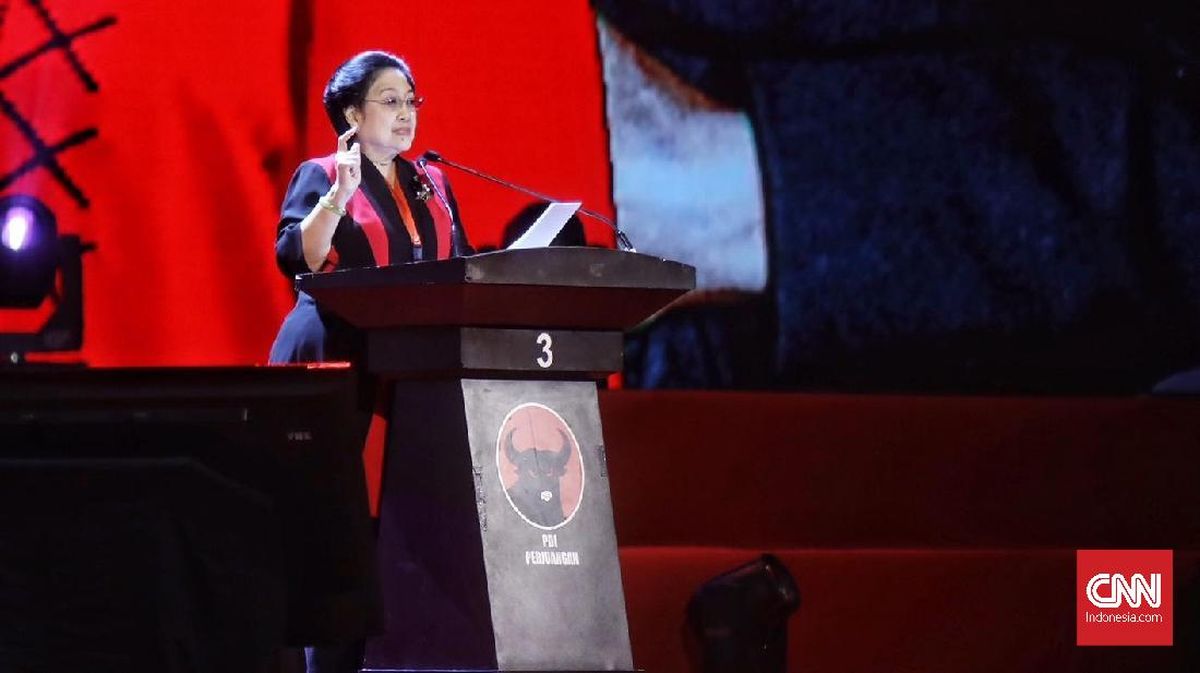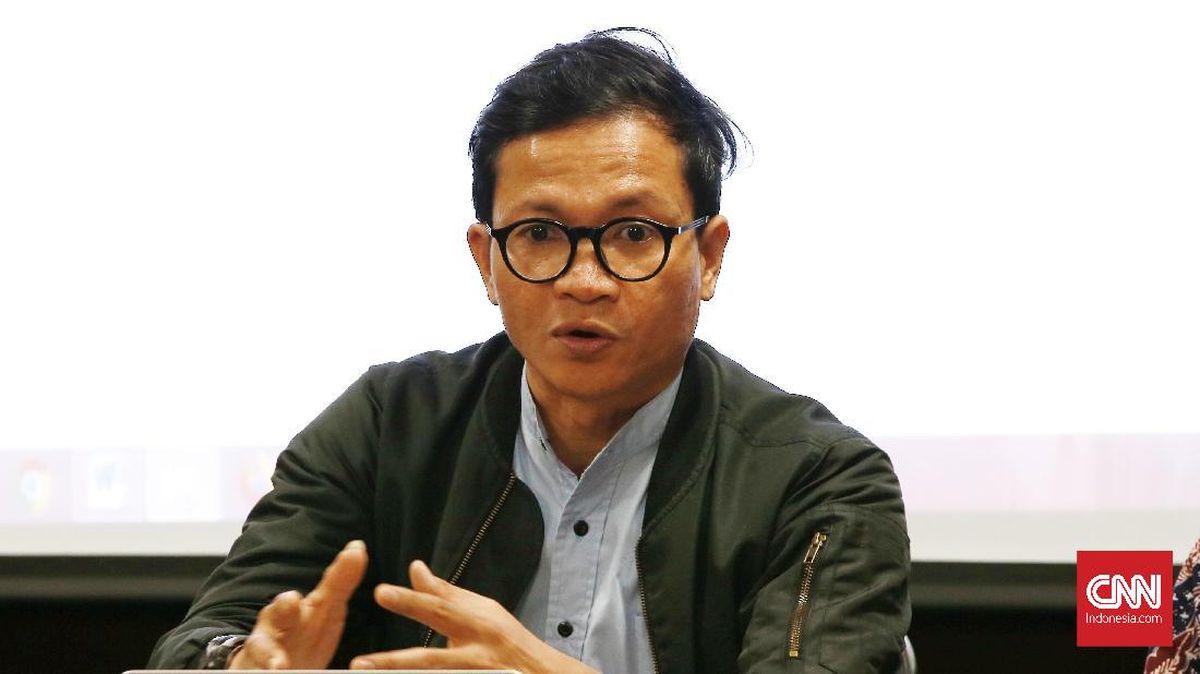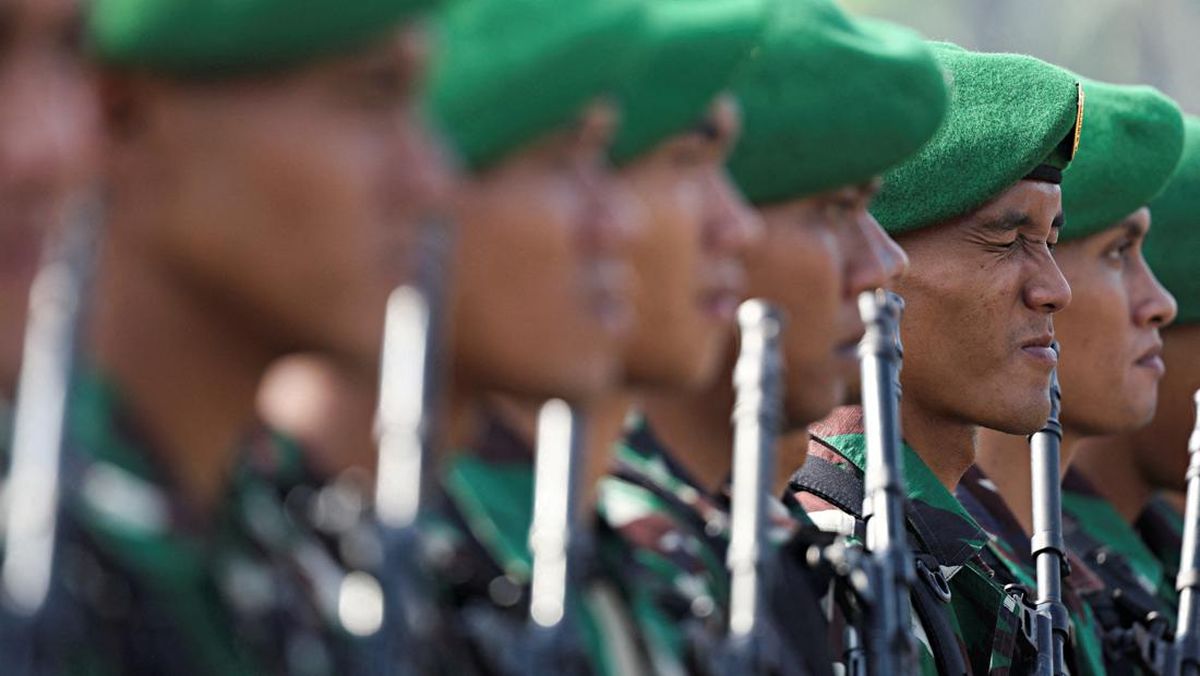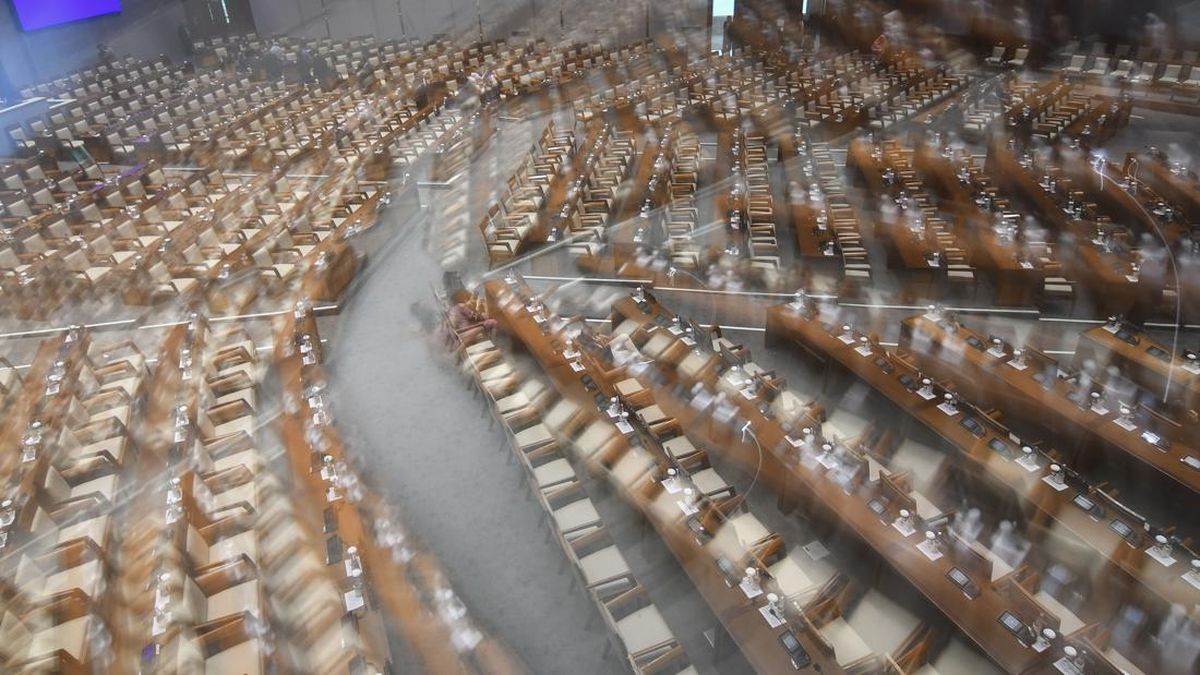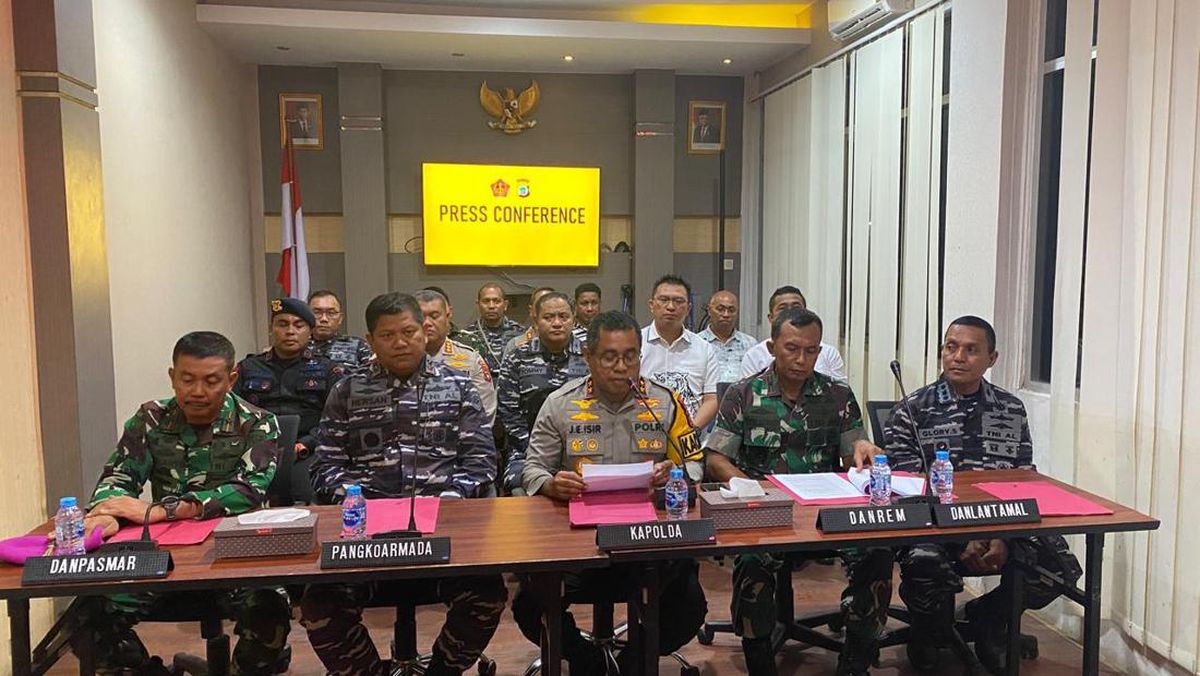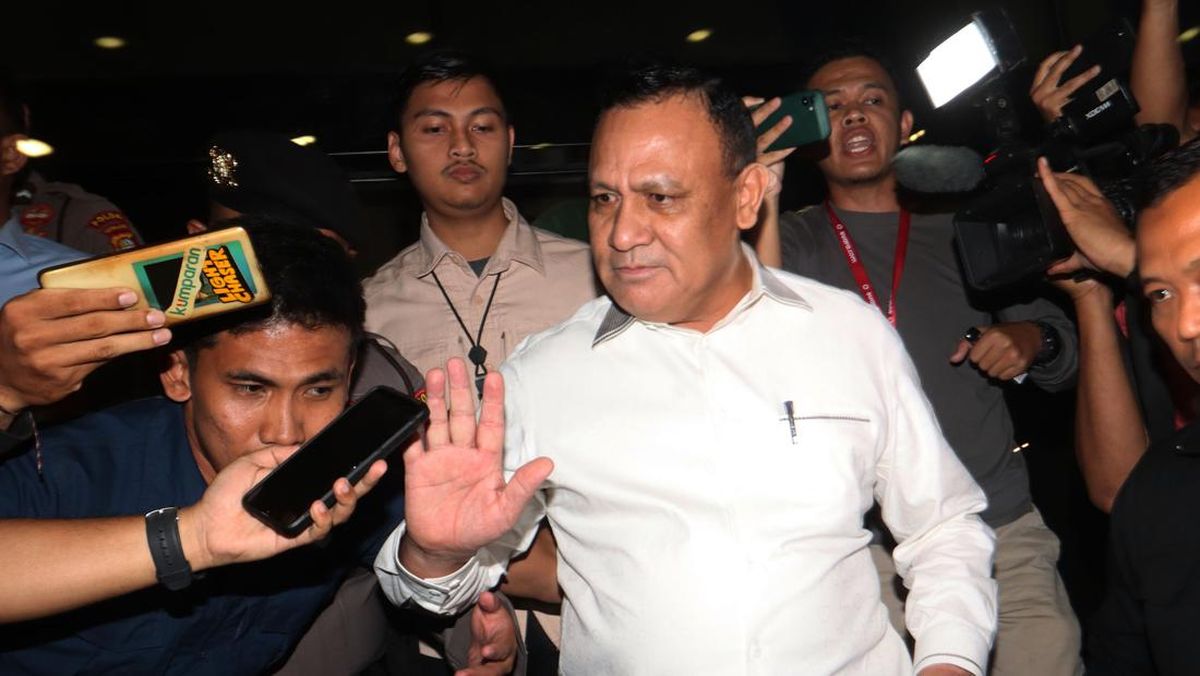TEMPO.CO, Jakarta - President Prabowo Subianto is discussing forgiveness for corruption perpretators. He said he would forgive corruptors if they returned the money stolen from the state. He said this in a speech before Indonesian students at Al-Azhar University in Cairo, Egypt, on Wednesday, December 18, 2024.
Responding to the discourse, Chairman of the Indonesian Prosecutorial Commission Pujiyono Suwadi emphasized that peaceful fines must have a strong legal basis. He said one quite familiar to the public is restorative justice or restorative justice. He said restorative justice is a formula for seeking the justice that is usually carried out in general criminal offenses.
In the webinar "Peaceful Fines for Corruptors, Is it Possible and Feasible?" held by Jejaring Analytics, Research, and Communication Consulting (Jarcomm) in Solo, Central Java, Thursday, January 9, 2025, Pujiyono said, for the public, this peaceful fine is not attractive. It could be that the public rejects the idea because it feels unfamiliar.
Pujiyono analogized the peace fine to eating with the left hand. "We usually eat with our right hand, then suddenly see people eating with their left hand. Of course, we blame it on something that is not right," he said as quoted from Antara.
However, he said, there must be a reason why the person eats with the left hand, whether because the right hand suffers from injuries, defects, or genetic problems.
"The first logic is like that. I use that analogy in corruption crimes. The results of the eradication of corruption from the reform period in 1999 until 2025 are still in place," he said.
Referring to Indonesia's Corruption Perception Index (CPI), in 2023, Indonesia's CPI score was the same as in 2024, namely 34. "This means that our struggle to eradicate corruption is still in place, not going in a positive direction," said Pujiyono.
Therefore, he considers corporal punishment for corruption to be not optimal. "So, fine forgiveness as a way to overcome the stagnation of corruption handling is a good idea. However, we must not get stuck on fines alone. Don't stop the idea. There are other breakthroughs," he said.
However, he does not want the public misguided in interpreting peace fines. "Peaceful fines do not mean that corruptors are immediately asked to pay and then their mistakes are considered over," he said.
On the same occasion, economic expert Izza Mafruhah asked that the concept of peaceful fines must-have details. "Don't let this policy become a new problem for other corruption. One thing that must be ensured is that the confiscated money from corrupt crimes must clearly go to the state," said Izza.
He said in other countries, there is a fine of forgiveness. However, the retrieval of corrupted property must be maximized. "To what extent are the regulations in Indonesia effective? The impact on the economy must be there," he said.
Attorney General's Office: Peaceful Fines Cannot Be Applied to Corruption Crimes
Previously, Harli Siregar, Head of the Legal Information Center (Kapuspenkum) of the Attorney General's Office, responded to the Minister of Law's statement regarding the peaceful fine effort in the context of amnesty for corruptors. Harli stated that peace fines, as stated in the Attorney General's Law, only apply to economic crimes.
Harli explained that the Prosecutor's Law does authorize the Attorney General to handle criminal offenses that cause losses to the state economy and can use peace fines. This is stated in Article 35 Paragraph 1 Letter k of Law Number 11 of 2021 concerning the Prosecutor's Office of the Republic of Indonesia.
He said the peaceful fine could not be applied to corruption crimes because it had a different statutory reference.
"The peace fines referred to in this article are for sectoral laws that harm the state economy and are included in economic crimes, for example, customs, excise and other crimes. Meanwhile, the corruption crime settlement refers to the Anti-Corruption Law, Articles 2, 3 and so on," Harli said on Thursday, December 26, 2024.
An amicable fine is terminating a case out of court by paying a fine approved by the Attorney General for economic crime cases. The definition of economic crime is listed in Article 1 of Law Number 7 Drt 1955.
"From a technical juridical aspect, corruption is not included in the peaceful fine referred to in Article 35 (1) letter k, unless there is a definition that includes corruption as an economic crime," said Harli.
Dani Aswara and Antara contributed to the writing of this article.
SAPTO YUNUS















